SUMMARY
This is AI generated summarization, which may have errors. For context, always refer to the full article.
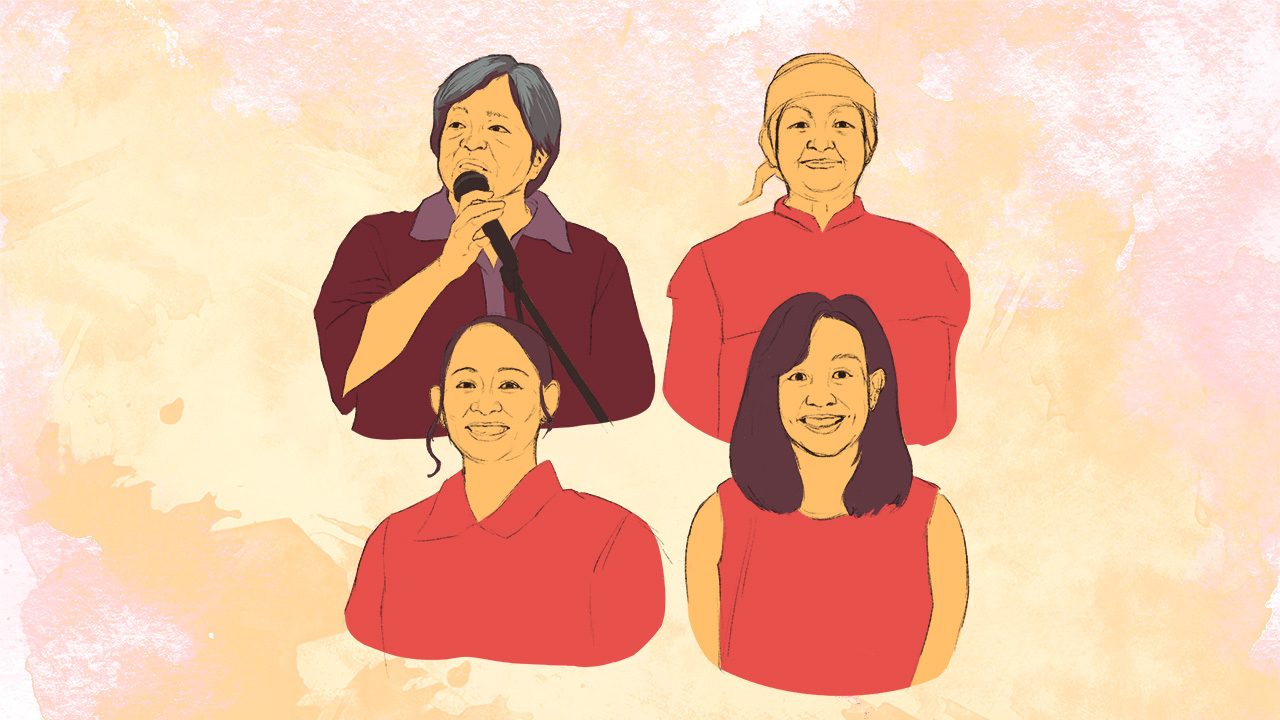
MANILA, Philippines – It all began in the early 1900s, when Ibaloi chieftain Mateo Cariño took legal action against the American colonial government after their ancestral lands were seized to build a US military base, Camp John Hay.
His unwavering determination led him to appeal the case with the US Supreme Court, resulting in the establishment of the Mateo Cariño of Native Title, which has become a cornerstone of jurisprudence for indigenous land rights in the Philippines.
Joanna, the survivor and activist
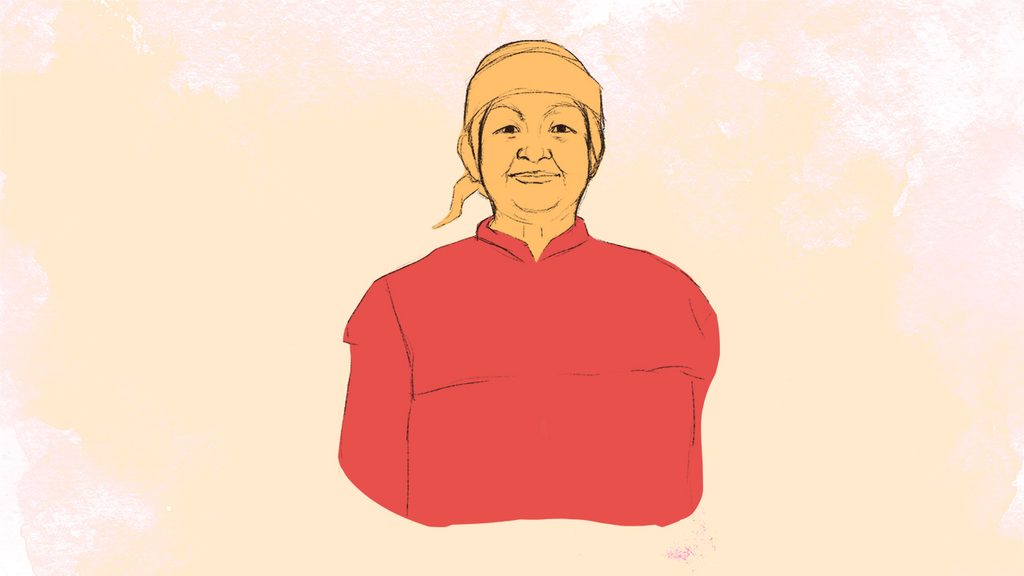
The legacy of activism continued with Mateo Cariño’s descendants, including Joanna Cariño, a renowned environmental activist, human rights defender, and Martial Law survivor. Joanna’s activism began during the historic First Quarter Storm, a period of societal awakening and outcry for system change in the Philippines.
“Isn’t it in the nature of youthful idealism to keenly observe what is happening around them and wish for it to change for the better? Striving to right wrongs in society that were evident even in our youthful eyes,“ Joanna said.
She fought alongside the Cordillera people against the Chico River dams, which would have displaced approximately 100,000 Kalingas and Bontoks and caused irreversible environmental damage. Joanna also stood up against the Cellophil Resources Corporation, which threatened to log approximately 199,000 hectares of communal forests in the Cordillera region. However, her activism came at a great personal cost as she was illegally detained, tortured, and imprisoned during Martial Law.
“When you challenge the powers that be, [like] when you raise a protest against policies and destructive projects, it is expected that there will be risks,” she said.
In 2018, the Department of Justice petitioned to label the Communist Party of the Philippines and its armed wing the New People’s Army as terrorist organizations. This action included a list of over 600 individuals, with Joanna’s name among them.
Joanna’s name was eventually removed after filing for delisting. One of the judges even remarked, “You don’t look like terrorists to me.” She responded: “Good! Because we aren’t.”
The following year, in 2019, Joanna was awarded the Gwangju Prize for Human Rights for her contributions to championing human rights.
Jill, the community development worker
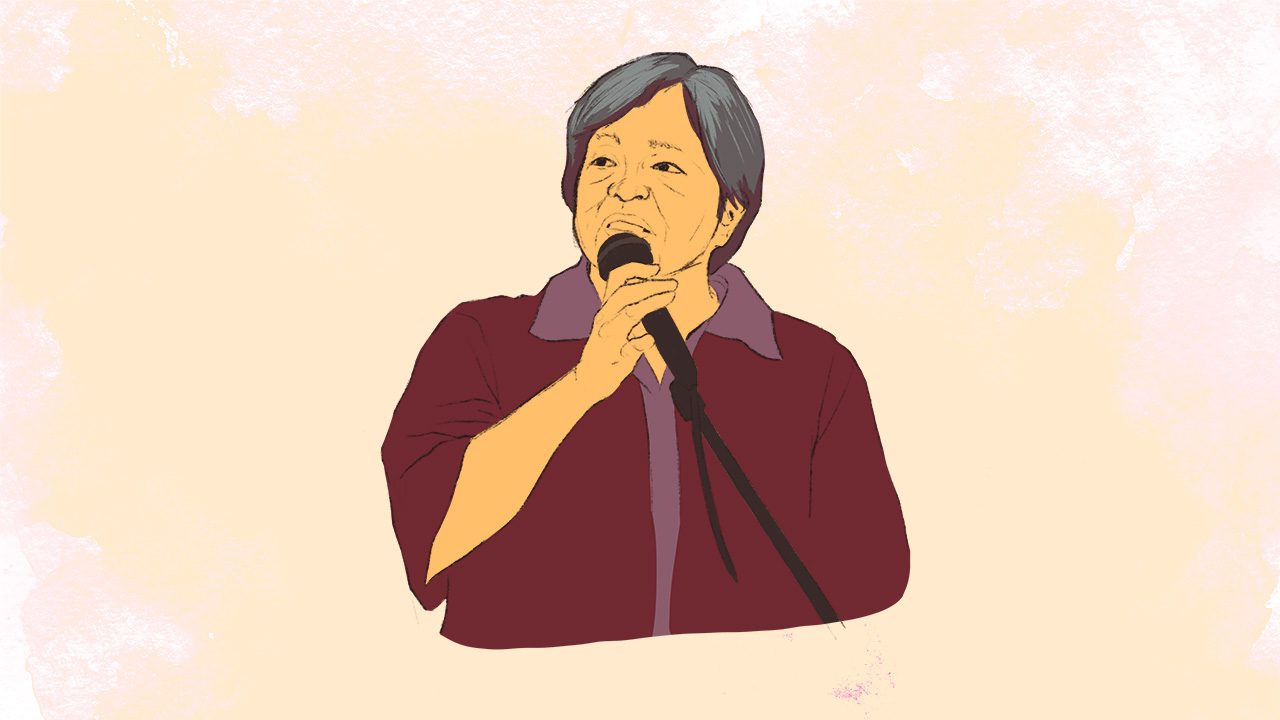
Jill Cariño, another member of the Cariño family, is also an indigenous peoples’ rights activist and community development worker. She worked with the Cordillera schools group to raise awareness about Cordillera culture, history, and issues among youth and students. She also served in mining-affected communities, where she witnessed the arrest of residents who were protesting against the adverse impacts of mining. Jill later became the executive director of the Philippine Task Force for Indigenous Peoples’ Rights, advocating for indigenous knowledge, systems, and practices. She also serves as the vice chairperson of the Cordillera Peoples Alliance.
Just like her sister Joanna, Jill was also illegally arrested during Martial Law along with several others who were severely beaten by state forces.
In 2022, her husband, 63-year-old Stephen “Steve” Tauli, was abducted by five armed men and subjected to harassment and questioning.
He resurfaced after more than 24 hours. To this day, the Cariño and Tauli families are still dealing with the aftermath of the incident.
Steve serves as a regional council member of the Cordillera Peoples Alliance. Like his wife, he has been involved in the Chico dams struggle and has relentlessly campaigned against destructive projects in the Cordillera, including the Saltan dams.
Joanna and Jill’s faces and names are still marked in numerous red-tagging posts online and offline, putting their family’s security at high risk.
Malaya, the doctor
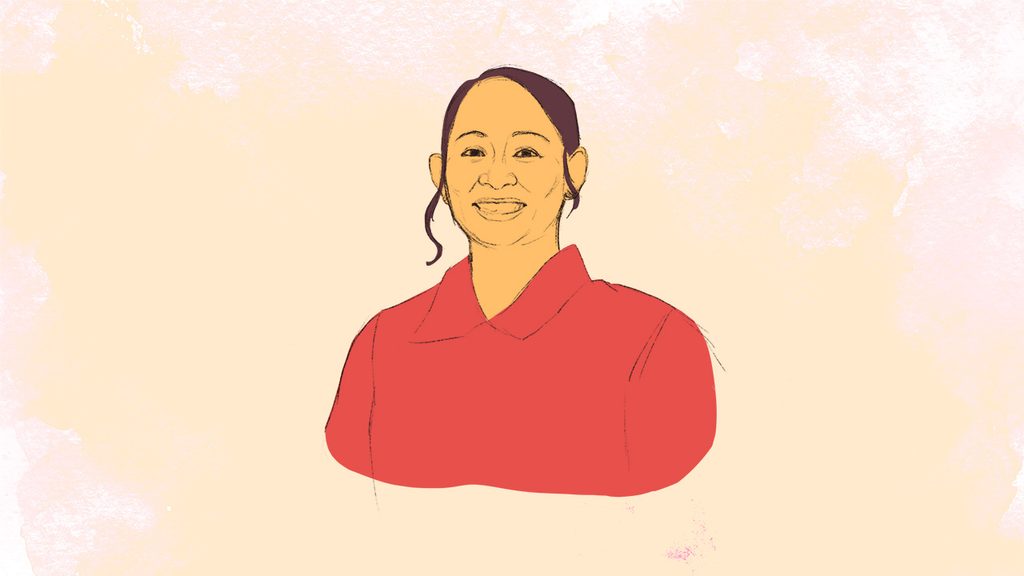
Joining Joanna and Jill is their niece, Malaya Cariño-Santos.
Growing up, Malaya drew inspiration from the book Where There is No Doctor, a village handbook for areas without access to health care.
“I was aware at an early age that the large majority of the Filipino people have very poor access to health and health services are something very much needed in the countryside,” Malaya said.
During her time at the University of the Philippines Manila College of Medicine, she joined a community service organization, where she participated in medical missions and health education, often providing care outside of traditional healthcare facilities
She has implemented programs for education, health promotion, and disease prevention in underserved urban and rural communities around the country.
“This has been my journey: always advocating for access and inclusion in health and education,” Malaya said.
Josefa, the youth in the international policy arena
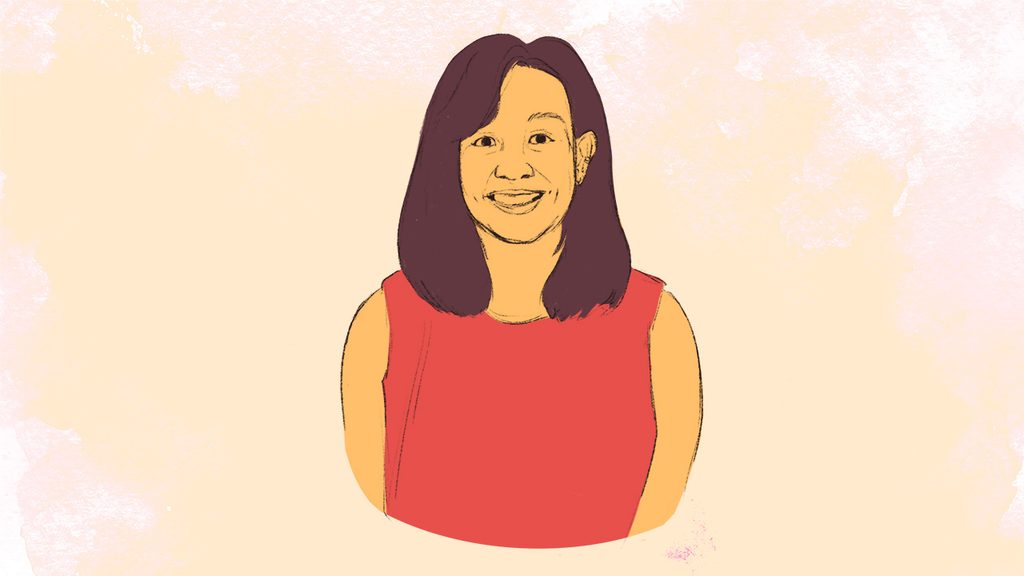
Josefa Tauli-Cariño, unlike other Cariño family members who began with grassroots organizing, started her journey in international biodiversity policy. She worked with the Global Youth Biodiversity Network, an international network of youth organizations committed to mitigating biodiversity loss, driven by her love for nature and wildlife and the inspiration from the advocates in her family.
“In this space, I learned that there was an active movement advocating for leadership of indigenous peoples in biodiversity conservation and climate action,” Josefa said.
Throughout history, indigenous women have played a pivotal role in safeguarding and managing their ancestral lands and resources, upholding traditional customs and beliefs, and passing them down to future generations. They have also taken on responsibilities in food production, childcare, and community health.
However, these women who stand up against destructive projects and human rights violations are often labeled as terrorists by the state, as seen in the cases of Rachel Mariano, Betty Belen, Sarah Dekdeken, and Jennifer Awingan.
Despite this, Cordillera women draw strength from the courage of their predecessors, such as Mother Petra Macliing, who led Igorot women in protesting a mining company’s encroachment by baring themselves and challenging engineers to harm their very source of life – their wombs.
Indigenous communities are resolute in their fight for accountability and restitution from the world’s major carbon emitters, who must acknowledge and atone for historical injustices that have disproportionately harmed vulnerable groups.
As Joanna said: “The climate, economic, and political crises necessitate radical solutions and systemic changes. The youth, especially indigenous women, are the only ones who can carry on this fight. Their historical mission is to change the world and keep fighting the good fight.” – Rappler.com
This article was written with support from Climate Tracker and Oxfam.
Prince Turtogo is an indigenous peoples’ rights advocate, human rights defender, and environmental activist. Prince works as a national coordinator of Panaghiusa Philippine Network to Uphold Indigenous Peoples Rights (Panaghiusa Philippine Network).
Add a comment
How does this make you feel?

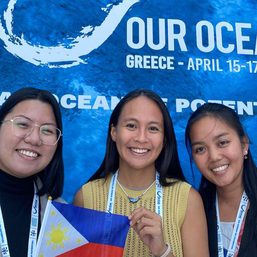
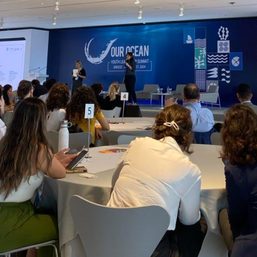
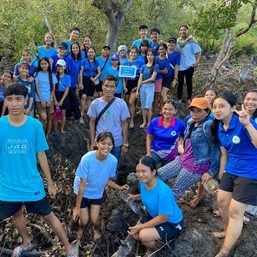
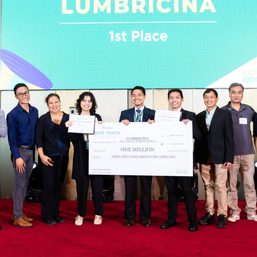
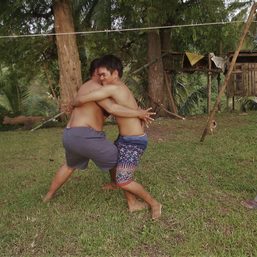

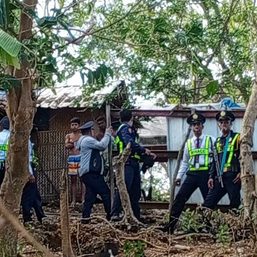
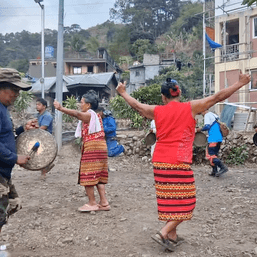
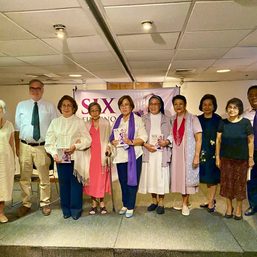

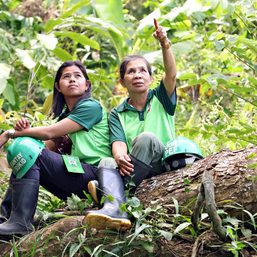
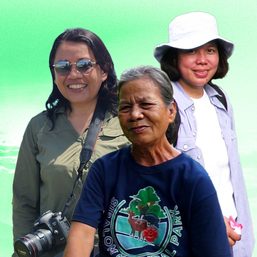
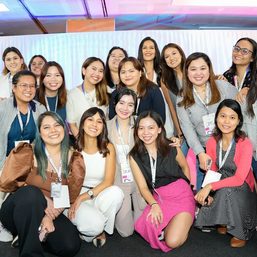
There are no comments yet. Add your comment to start the conversation.